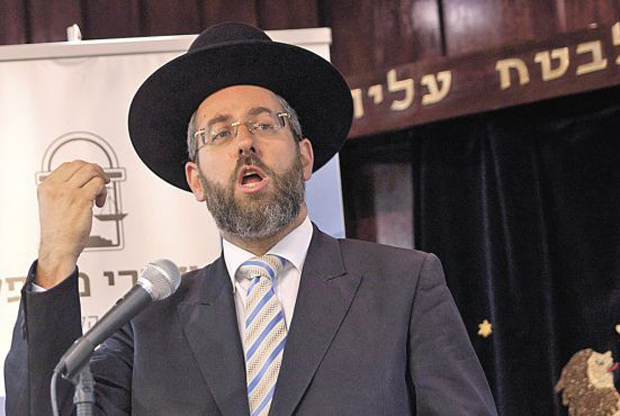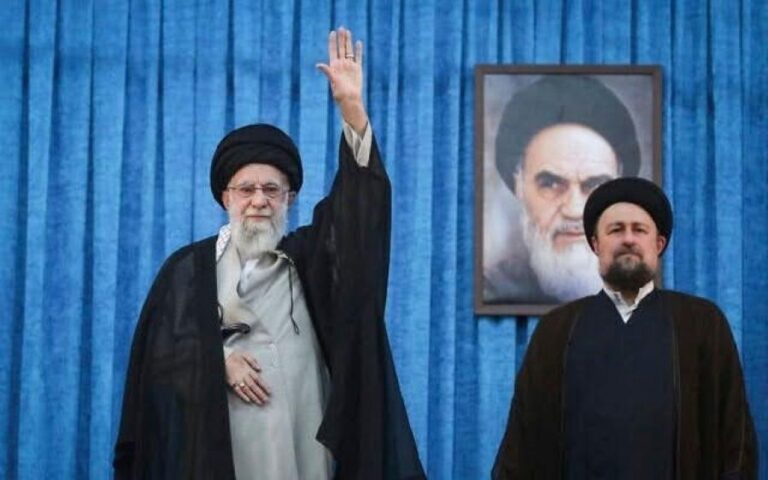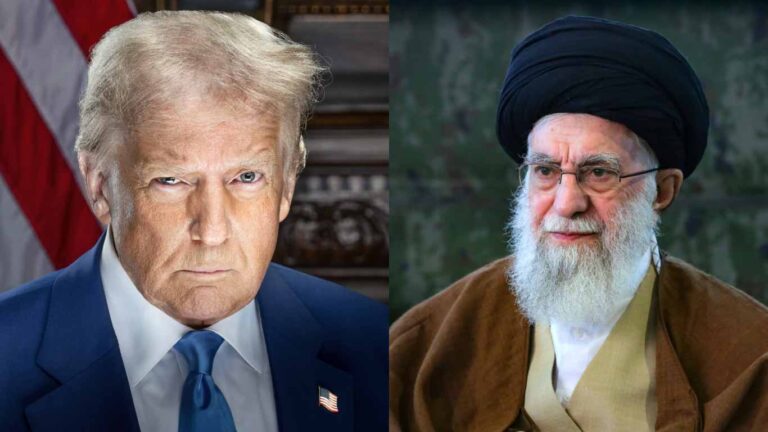Chief Rabbi of Israel HaRav Dovid Lau has come out against remarks recently released by retired High Court of Justice President Prof. Aharon Barak. Barak was also sharply criticized for his remarks by Rishon L’Tzion HaGaon HaRav Yitzchak Yosef. Barak, who is known for his disdain for halacha R”L, once again spoke out, emphasizing in his view, the superiority of the nation’s civil courts over batei din which are run in adherence to halacha.
Rav Lau said, “It is inconceivable that Israel’s dayanim be prevented from discussing monetary laws when it comes to the consent of both sides.” This refers to Barak’s staunch objections to permitting both sides to adjudicate a financial dispute in a beis din instead of the secular courts.
At the end of last week, Barak was interviewed by Yediot Achronot and attacked the possibility that the rabbinical courts would discuss monetary laws. Now, Rabbi Lau responds that in a few months he will take up his post as Av Beis Din of the Rabbinical Court. He told a Tzefas assembly of dayanim that “the disgrace that was voiced at the end of last week makes it clear that there is someone who understands better than everyone else, and it was he who decided what dayanim should address and what they should not, and this is impossible.”
Rav Lau added, “It is a disgrace that Israeli dayanim are not permitted to deal with monetary laws even when both sides ask for it. To impose on Torah-observant Jews that wish to have their case heard in a beis din to adjudicate the matter in a secular court defies common sense as common sense does not impose a different course on them when both sides want to litigate according to Jewish law.
The Chief Rabbi added that the opening of monetary batei din will ease the burden on the courts and will make it easier for the public: “Many people are interested in litigating halachic rulings in the courts and must allow them to do so.”
(YWN – Israel Desk, Jerusalem)












One Response
Actually, Mr. Barak (who is long retired and a private citizen) has a point. His argument (which YWN fails to mention in the article) is not based on any purported ‘disdain for halacha’ and he takes no issue at all with dayanim who are private citizens adjudicating monetary disputes in accordance with halacha as private arbitrators if that is what the parties wish. His objection is that the State’s dayanim should not serve as private arbitrators just as the State’s judges may not serve as private arbitrators. They have a job that they are paid to do and that is the only job that they should be doing. If the State’s batei din were underemployed then it might make some sense to use them to relieve the burden of adjudicating monetary disputes but as it is they barely manage to deal with their caseload and allowing them to dedicate time to monetary disputes would necessarily cause further inui din to the parties who need them to adjudicate their divorces.